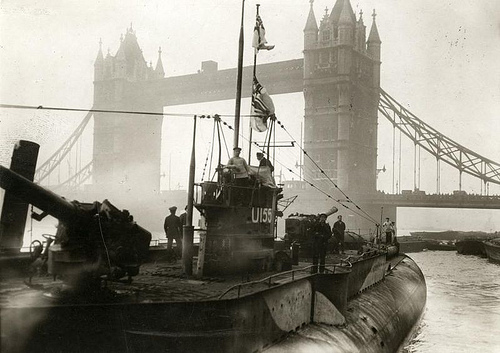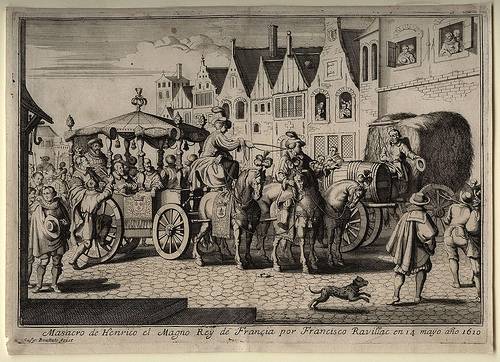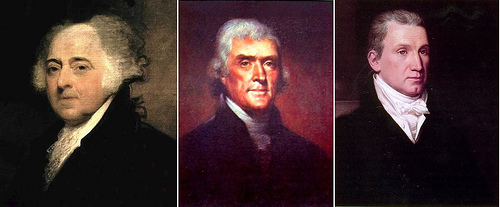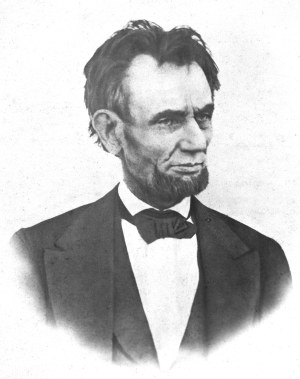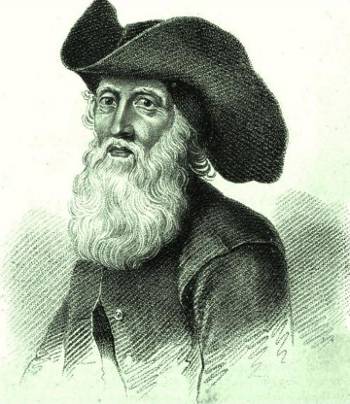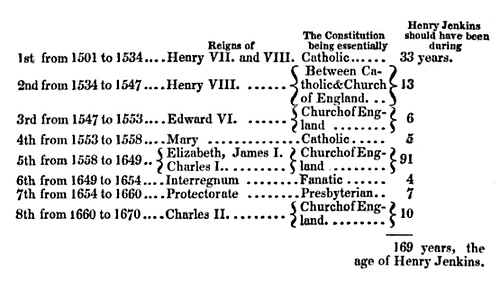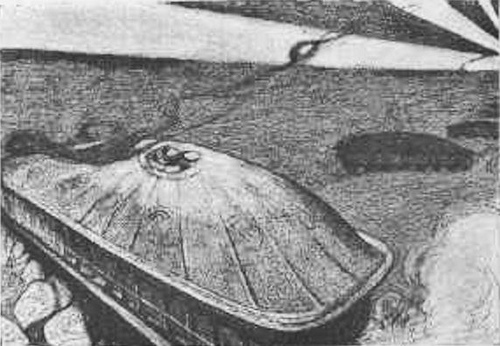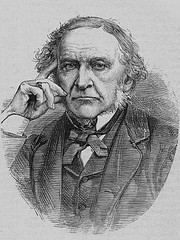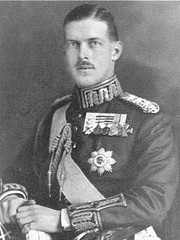
Some kings expire in bed. Some die gloriously in battle.
Alexander of Greece was bitten to death by monkeys.
He was walking in the royal garden in October 1920 when a monkey attacked his dog. He fought it off with a stick, suffering only a wound on the hand, but the monkey’s mate rushed in and gave him a much more severe bite. He died of blood poisoning three weeks later.
Alexander’s exiled father returned and led the nation into a bloody war with Turkey. “It is perhaps no exaggeration,” wrote Winston Churchill, “to remark that a quarter of a million persons died of this monkey’s bite.”

